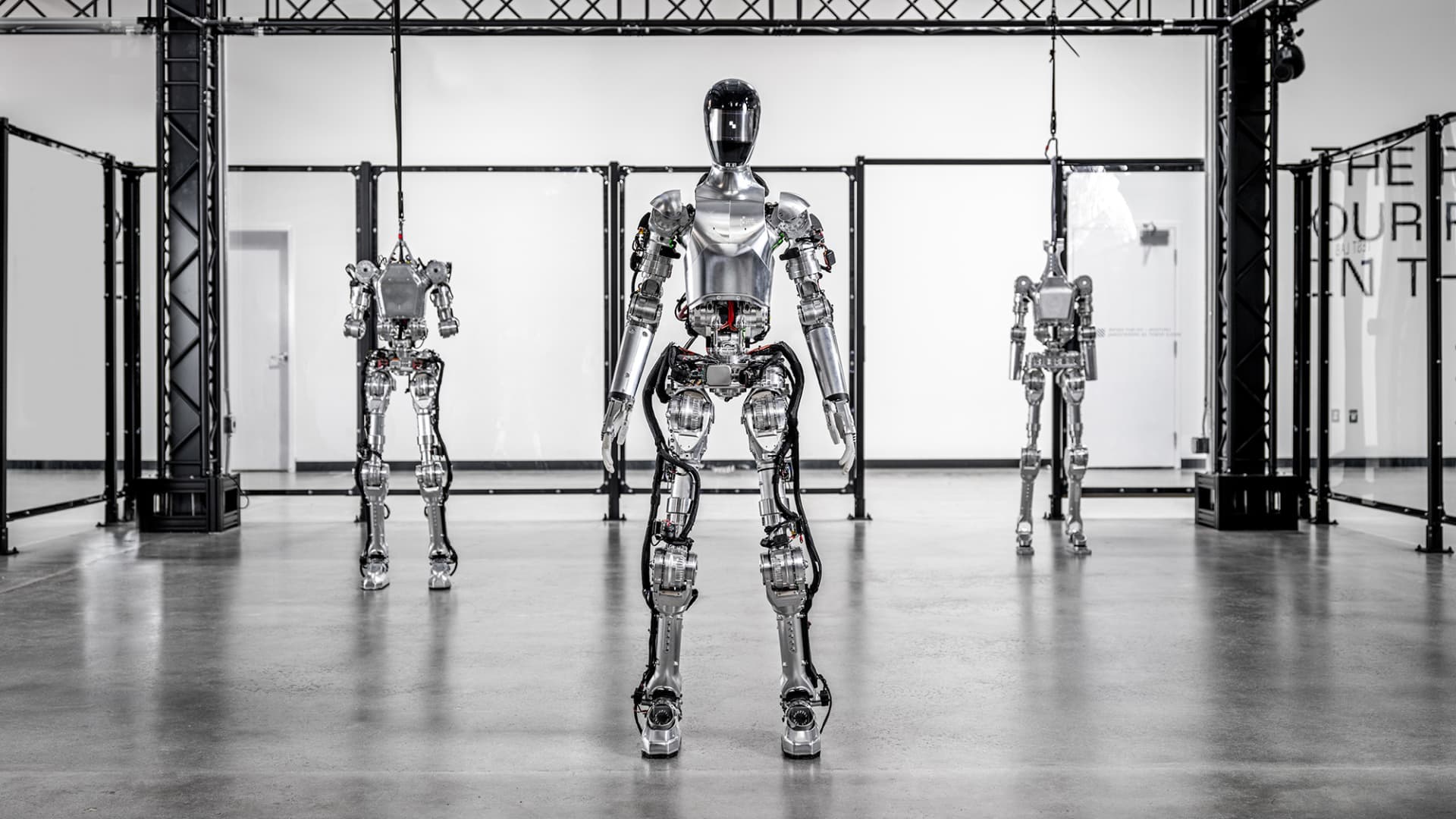
Jaque Silva | Nurphoto | Getty Images
Google-owned YouTube on Tuesday said it will soon allow previously banned accounts to apply for reinstatement, rolling back a policy that had treated violations as permanent.
The change applies to channels removed for posting Covid-19 or election-related misinformation, according to a letter from Alphabet lawyer Daniel Donovan to House Judiciary Chair Jim Jordan, R-Ohio. Previously those types of offenses carried lifetime bans.
“Today, YouTube’s Community Guidelines allow for a wider range of content regarding Covid and elections integrity,” Donovan wrote.
YouTube wrote on X that it will be a limited pilot project open to a subset of creators as well as channels that were terminated under policies the company has since retired. YouTube also said that its new reinstatement program will launch soon.
Among channels previously banned under those rules were some associated with Deputy FBI Director Dan Bongino, former Trump chief strategist Steve Bannon, and Health and Human Services Secretary Robert F. Kennedy Jr.’s. It’s not yet clear whether those channels will be reinstated.
This move follows mounting Republican pressure on tech companies to reverse Biden-era speech policies on vaccine and political misinformation. In March, Rep. Jordan subpoenaed Alphabet CEO Sundar Pichai, alleging YouTube was a “direct participant in the federal government’s censorship regime.”
In 2021, YouTube said it would remove content that spread misinformation about all approved vaccines.
Donovan wrote that during the pandemic, senior Biden administration officials pressed the company to remove certain Covid-related videos that did not technically violate YouTube’s policies.
In the letter, Donovan said that this pressure was “unacceptable and wrong.”
YouTube ended its standalone Covid misinformation rules in December 2024, according to Donovan’s letter.
YouTube “will not empower third-party fact-checkers” to moderate content and will continue to enable “free expression” on the platform, Donovan wrote. While Donovan writes that YouTube has not used fact-checkers, the platform has produced programs that are meant to label context on videos.
Similarly, Meta said in January that it had eliminated its fact-checking program on Facebook and Instagram.
YouTube has a feature that will display information panels with links to independent fact checks under videos. The feature says it provides more context on videos across YouTube with information from third party sources.
In 2017, Google launched a fact checking tool that would display labels on search and news results.
WATCH: Google adds Gemini to Chrome for all users in push to bolster AI search












